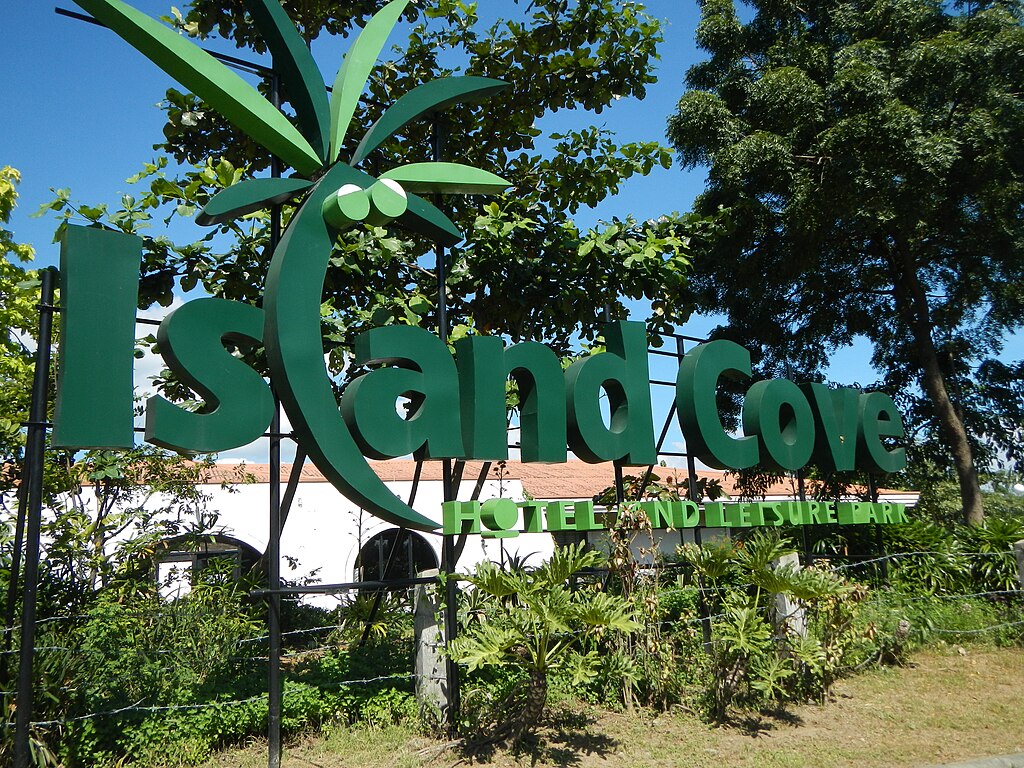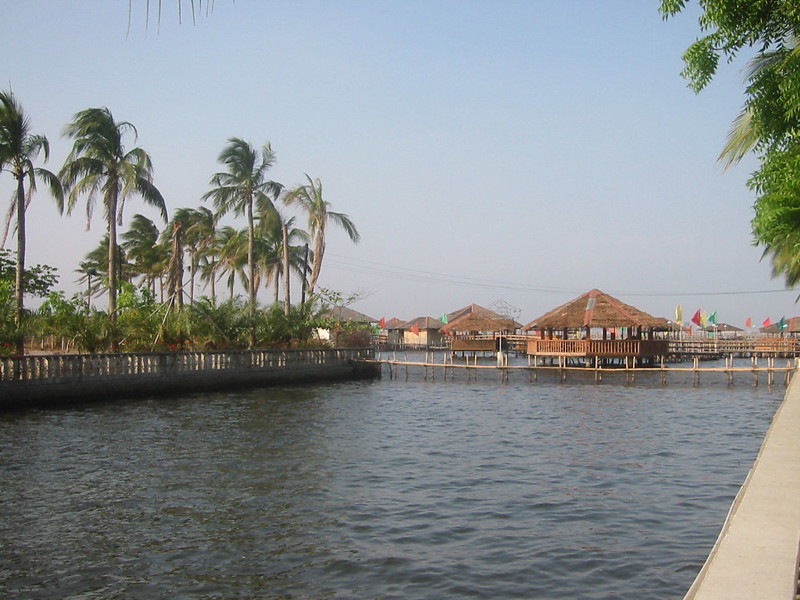For decades, Island Cove was an iconic resort and leisure destination in Kawit, Cavite.
Opened in 1976 as Covelandia by the late Atty. Johnny Remulla, the 32-hectare island property provided world-class recreation to guests for over 40 years.
However, the resort’s story took a dramatic turn in recent years.
In 2018, after nearly 20 years under the management of the Remulla family’s Island Cove Corporation, the property was sold as the resort ceased operations.

Remulla Family Clarifies POGO Involvement
Fast forward to 2024, and Island Cove is back in the headlines – but for very different reasons.
Rumors have swirled that the former resort has been converted into a Philippine Offshore Gaming Operator (POGO) site under the continued involvement of the prominent Remulla political clan of Cavite.
Cavite Governor Jonvic Remulla took to Facebook last week to emphatically deny his family has any current ties to Island Cove and its alleged POGO operations.
“Matagal na pong wala sa amin ang pagmamay-ari ng dating Island Cove,” the governor wrote.
He detailed how his family sold the property in 2018, paying around ₱400 million in taxes from the sale.
Remulla further challenged anyone to come forward with evidence that he or his family are involved with or protecting POGO operations at the former resort.
He even offered a ₱10 million reward to anyone who could prove such allegations.
The governor also clarified that while his brother, former congressman Gilbert Remulla, now serves as a director of PAGCOR, he did not participate in issuing any POGO permits for Island Cove, as those were granted in 2020 before his tenure.
From Resort Memories to POGO Uncertainties
The transformation of Island Cove from a beloved vacation spot to a controversial POGO hub has struck a chord among many who have fond memories there.
In 2018, then-Island Cove managing director Gilbert Remulla hosted a poignant farewell party for hundreds of employees to mark the resort’s closing after its sale.
“Let us be happy for the memories we have, let us be happy for the friendships that we made, let us be happy with the skills that we learned,” Remulla told the gathering.

Some former resort staff shared bittersweet recollections online. “Desks, offices, hallways, rooms are the silent witnesses of all our struggles and hardships, but most of all of our laughter and friendships,” wrote an ex-employee.
But Island Cove’s new chapter as an alleged POGO site has raised concerns, even fears, among some. In 2019, Senator Leila de Lima warned the sale of the property to Chinese-Filipino buyers could be “the start of a possible colonization if they decide to purchase and occupy more lands in different parts of the country”.
While Governor Remulla has distanced his family from any current involvement, the full story of Island Cove’s POGO conversion remains unclear.
What is the extent of POGO operations there now? How many Chinese workers are based in the former resort, and under what terms?
As POGOs face increasing scrutiny across the Philippines, the once-famed Island Cove finds itself an enigmatic symbol of the sector’s murky rise.
For now, its future, like so many POGO sites, is shrouded in a haze – not unlike the volcanic smog that has prompted class suspensions across Cavite this week.
Only time will tell if Island Cove can emerge from the POGO fog and chart a new course.
But its storied past as a cherished Cavite landmark serves as a poignant reminder of how much has changed – and how much remains unknown about its present and future.




Your comment is awaiting moderation.
Wow, great article post.Really thank you!